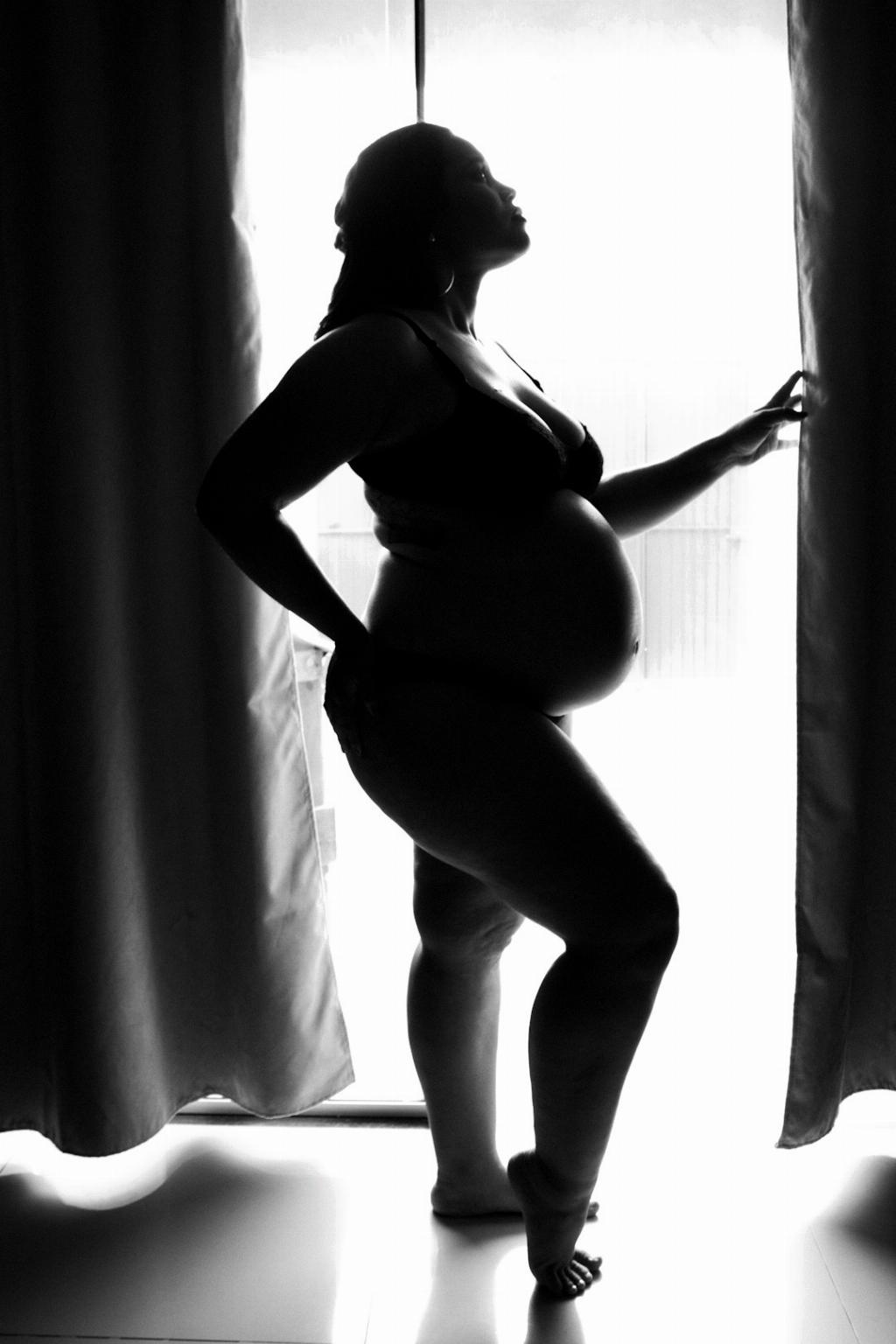When it comes to pregnancy, ensuring the health and well-being of the unborn child is a top priority for expectant mothers. Questions often arise about the potential impacts of various lifestyle choices during pregnancy, including the practice of fasting. While fasting has been a common practice for many cultures and religions, it is important to consider how this practice may affect the baby during pregnancy.
Research studies have provided valuable insights into the effects of fasting on the unborn baby. One key finding is that fasting does not increase the likelihood of the baby being born prematurely. This reassuring information comes from a study conducted by Safari et al in 2019, suggesting that fasting does not pose a significant risk in terms of early delivery.
Another important aspect to consider is the potential impact of fasting on the baby’s birth weight. A study by Glazier et al in 2018 found that fasting during pregnancy does not necessarily mean that the baby will have a lower birth weight. This finding may alleviate concerns that fasting could compromise the baby’s growth and development in the womb.
While these research findings offer some insights, it is essential to consider individual factors when evaluating the effects of fasting on the baby during pregnancy. Every pregnancy is unique, and factors such as overall health, nutritional status, and the specific fasting regimen followed can all play a role in determining outcomes.
It is crucial for expectant mothers to consult with healthcare providers before embarking on any fasting regimen during pregnancy. Medical professionals can provide personalized guidance based on individual circumstances, ensuring that both the mother and the baby receive the necessary support and care throughout the pregnancy.
Proper nutrition is fundamental during pregnancy to support the optimal growth and development of the baby. Fasting should not compromise the intake of essential nutrients needed for fetal growth. Maintaining a well-balanced diet rich in vitamins, minerals, and other vital nutrients is vital, even when practicing fasting.
Understanding the potential impacts of fasting on the baby involves considering the physiological changes that occur during pregnancy. The body undergoes significant transformations to support the developing fetus, and ensuring adequate nutrition is crucial to support these processes.
Research indicates that fasting during pregnancy is not inherently harmful to the baby, provided that essential nutritional needs are met. Balancing fasting practices with a nutrient-rich diet can help mitigate potential risks and support the overall health of both the mother and the baby.
Ultimately, the decision to fast during pregnancy should be made in consultation with healthcare providers and based on individual circumstances. Open communication with medical professionals can help address any concerns and ensure that the well-being of both the mother and the baby is prioritized throughout the pregnancy.
In conclusion, while fasting during pregnancy may raise questions and concerns, current research suggests that it does not have significant adverse effects on the baby when approached thoughtfully and with proper guidance. Each pregnancy is unique, and individual factors should be considered when making decisions about fasting practices during this crucial period.

